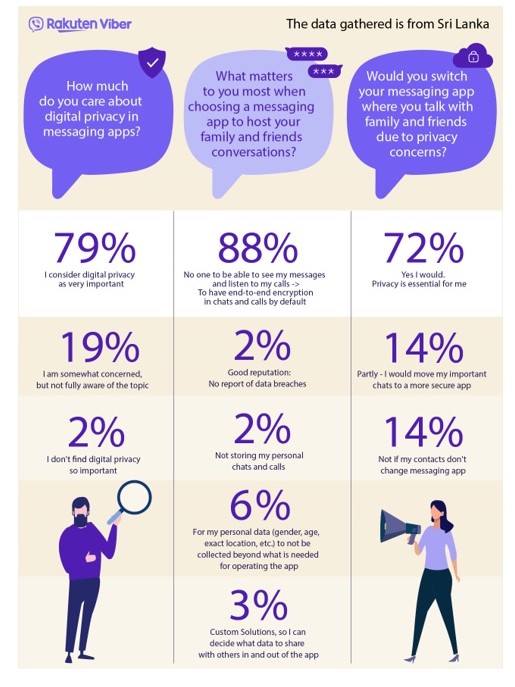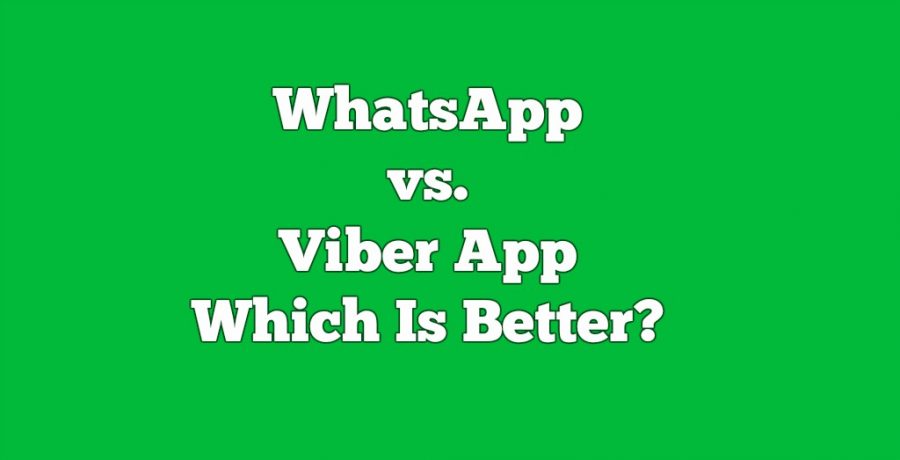


This is why some governments oppose end-to-end encryption and have put pressure on communications platforms to avoid it for surveillance and security purposes. One of the major arguments against encryption has been from law enforcement agencies saying it keeps them from tracking criminal activity. Although the regulations have immensely improved the protection of user data from being collected and shared, there are still cracks within the laws that are beginning to show. It is purely up to the messaging platforms if they chose to implement it. IT is an important and essential attribute, so when privacy regulations, such as the Philippines' own Data Privacy Act of 2012 and the European Union's General Data Protection Regulation, began popping up across the globe, why didn't messaging apps start making end-to-end encryption the default?Įvery territory's privacy regulation has nuances that fit within its own culture, but one common thread throughout all of them is that the laws didn't obligate the use of end-to-end encryption in messaging. If someone is getting data off your back without telling you exactly what data it's getting and why and - even worse - with whom it's sharing this data, then there is an issue.Read this in The Manila Times digital edition. "The problem with Facebook was that the company vacuumed a lot data without the specific, explicit consent of the users, which is very different.

#Viber app privacy for free#
"The model of providing a service for free to monetize via third-party services is not a problem," Agaoua said. In the case of Facebook, however, he believes the company wasn't transparent enough about the bargain its users were making. However, Agaoua doesn't take a hard stance that it's not OK for a service to make money off user data. "When you're discussing with your friends about getting a pizza somewhere, we don't know, so we're not going to send you advertising." Of course, that also means it's more or less impossible for Viber to offer any kind of "personal assistant" or actively provide help when you are having a conversation, in the way Messenger and Google Allo do. We don't have this data available for anyone - not for us or any advertising partners," said Agaoua. "We don't read this content, we don't use this content. That makes it impossible for the company to read any of those messages, and any encrypted messages that travel through the service are deleted from servers as soon as they're delivered, the company says. On top of that, for messaging, Viber turns on end-to-end encryption by default. "It's advertising, but it's not advertising by pop-ups when you don't want it."įacebook's working on photorealistic VR avatars and they're kinda creepy "The answer to a search could be sponsored in some cases," Agaoua explains.

The important part is Viber says it doesn't use personal data to serve any of this content, and it will only serve these kinds of ads when you're proactively searching for something. For example, if you search for "restaurants" you may see some local spots that have paid to be there. Instead, it will only serve ads when a user goes to the Discover part of the app and looks for something. While Viber makes some money via user fees (calling out to a phone number costs a nominal fee, as do extras like sticker packs), the way it treats advertising doesn't depend on user data. If WhatsApp remains a secure private app, or if it becomes another tool of the Facebook galaxy to grab more data and make more money." WhatsApp was supposed to be different.we'll see what WhatsApp will become. It necessitates a lot of ads, a lot of reading of everything exchanged on the platform to be able to monetize as much as possible. "Messenger is a very different model from us. "The Facebook galaxy is our major competitor," Agaoua said.


 0 kommentar(er)
0 kommentar(er)
